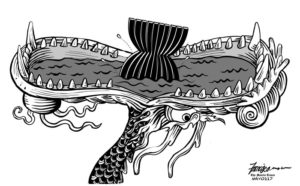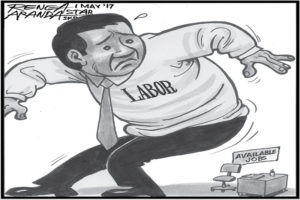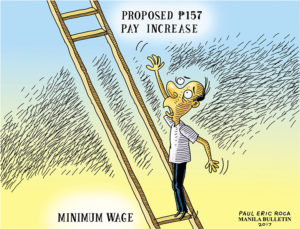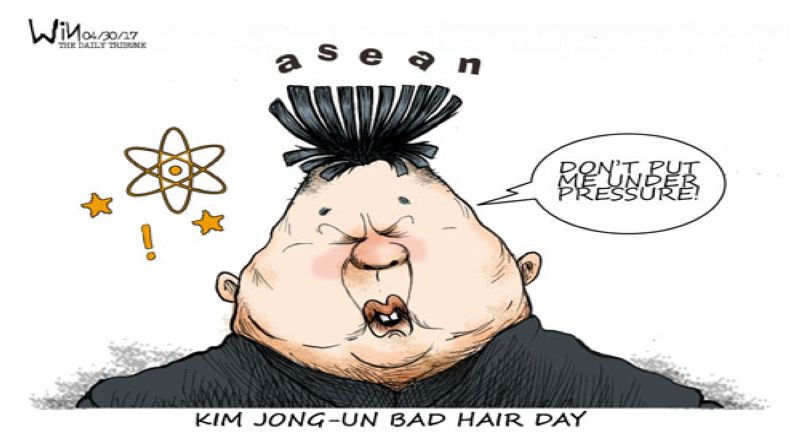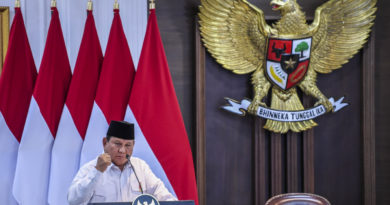A test on Asean’s clout
Tensions on the Korean peninsula escalating after North Korea test fired a ballistic missile which appears to be Kim Jong Il’s version of fireworks to celebrate a number of key anniversaries, had shown the face of clear and present danger to the world.
The danger is not lessened by the fact that most of Kim’s nuclear tests ended up as either duds or missed its target completely.
The threat from North Korea overshadowed concerns over the South China Sea that was tabled as key topic in the recent Association of Southeast Asian (Asean) Summit, which can be considered a setback since the meeting was meant to center on the economic problems facing the region.
The Asean in a statement said it was “mindful that instability in the Korean Peninsula seriously impacts the region and beyond.”
The missile test reported last Saturday was the second done by North Korea this year.
Asean underscored the need for North Korea to comply fully with United Nations obligations in the “interest of maintaining international peace and security.”
As if to mock the global concerns on its rogue behavior, North Korea even asked last Thursday for the Asean to back it in its friction with the United States and its allies to prevent what it warned could be a “nuclear holocaust.”
North Korea also sent its Thailand ambassador to Manila recently “to suggest that North Korea not be put under pressure” during the recent Asean meetings.
The US has stopped treating Kim’s tantrums as a joke after the North Korea did simulations on what appear to be attacks on US cities.
The Americans had deployed the USS Carl Vinson aircraft carrier group to waters off the Korean peninsula to join the USS Michigan, a nuclear submarine that docked in South Korea earlier.
South Korea added its navy will hold drills with the US strike group as a show of force.
Along with the deployment, US State Secretary Rex Tillerson ruled out any negotiations with North Korea, saying the US “will not reward their violations of past (UN) resolutions.”
“We will not reward their bad behavior with talks. We will only engage in talks with North Korea when they exhibit a good-faith commitment to abiding by the Security Council resolutions and their past promises to end their nuclear programs,” he said.
The North Korean tension only underlined problems facing the region which are far bigger and more urgent than the South China Sea conflict which is an offshoot of the rivalry between Asian rising giant China and the US.
It also bears proof that Rody is taking the right way forward in putting the issue on the backburner during the Summit.
In the Summit, worries over North Korea also displaced talks on the threats on extremism in the region.
Duterte has instead reached out to China to boost trade and seek funding for its massive infrastructure buildup plan. He said the recent Permanent Court of Arbitration (PCA) ruling that favors the Philippines in the dispute is an issue between China and the Philippines and does not concern other Asean members which is parallel to the desires of China for bilateral dialogs to resolve the dispute among claimants.
The position is also in accord with an Asean policy forbidding member states from meddling in each other’s domestic affairs.
Asean arrives at decisions through consensus in which the decision of all its members dictate the outcome of decisions.
The actions of North Korea also indicated that the growing prosperity in the region still faces major hurdles that will gauge the new regional bloc’s ability to address issues as a significant global force.
